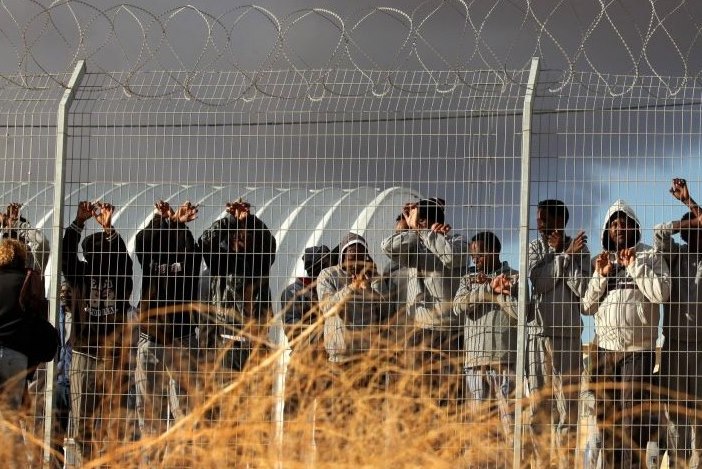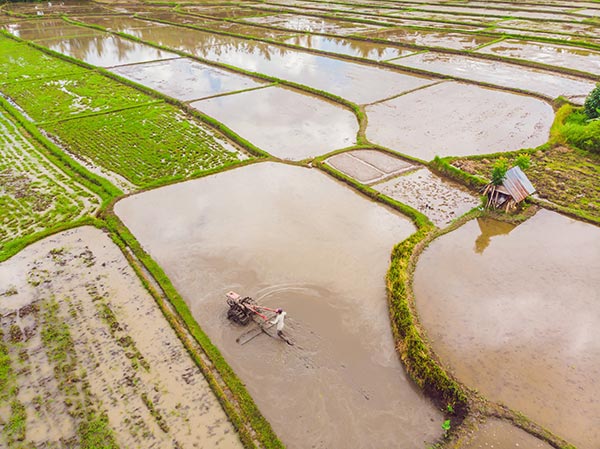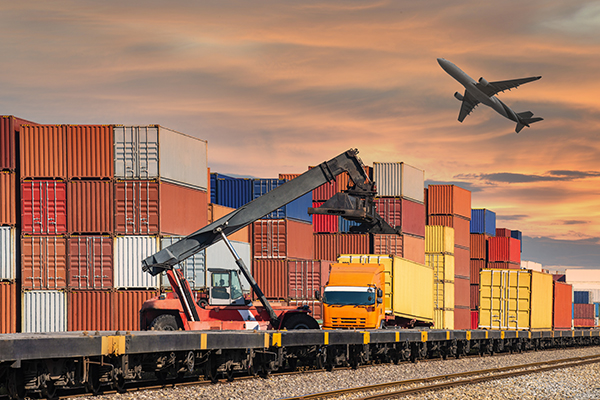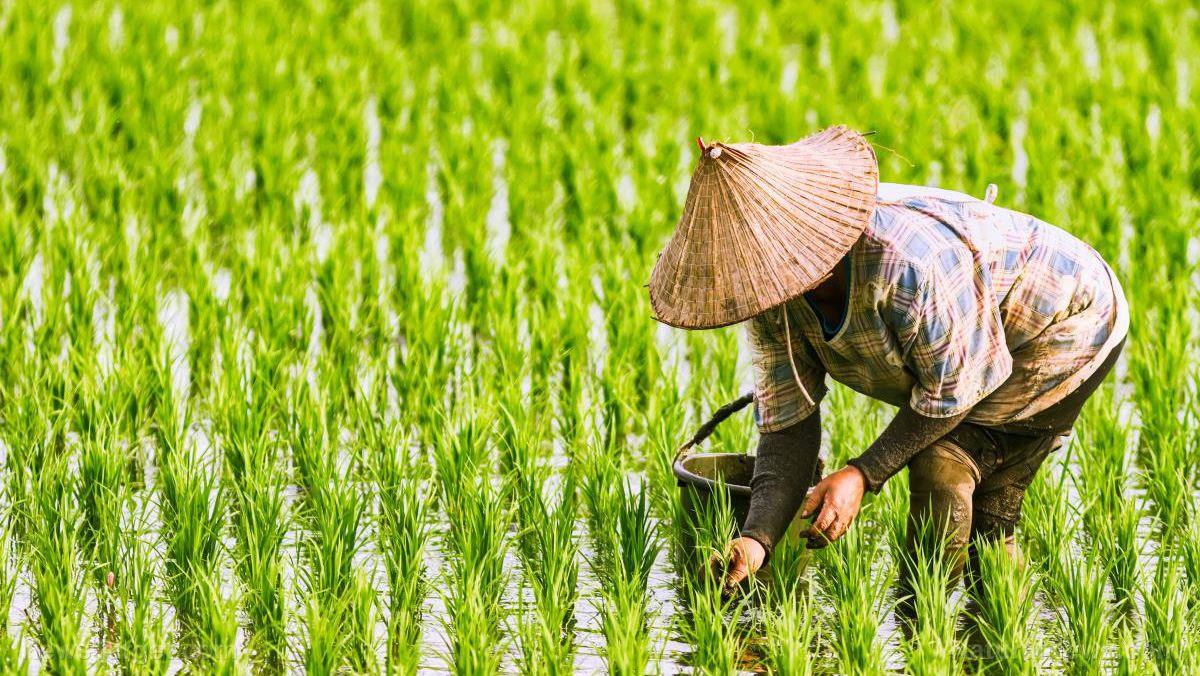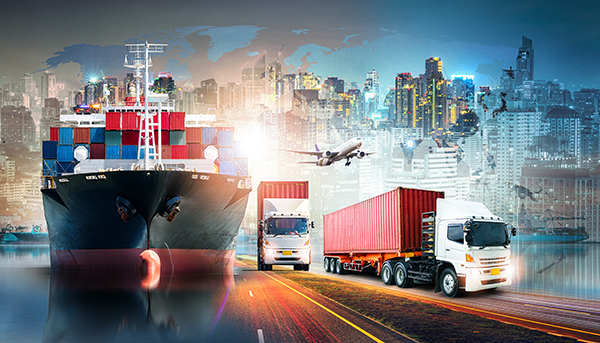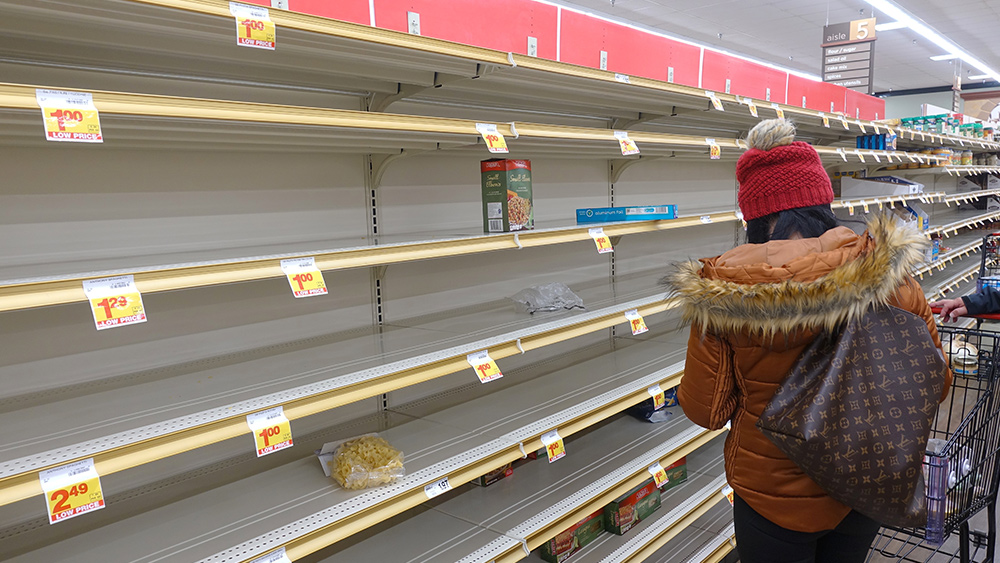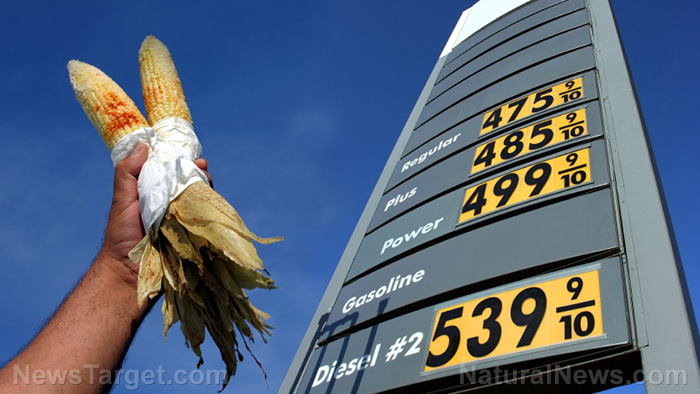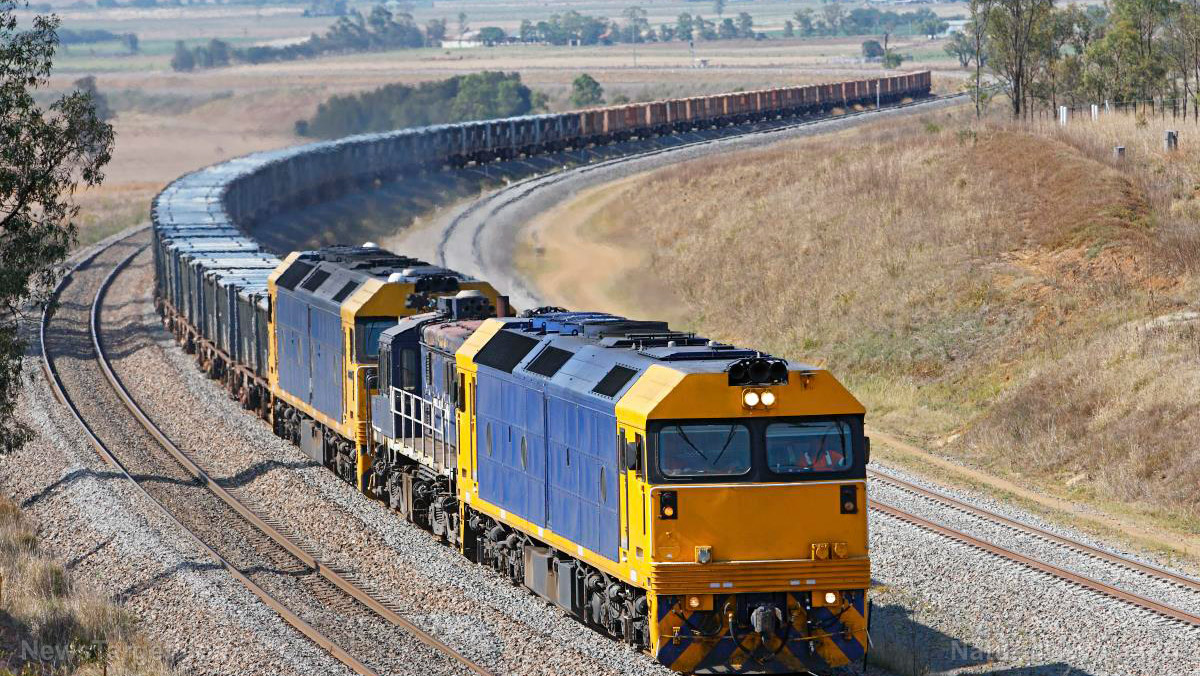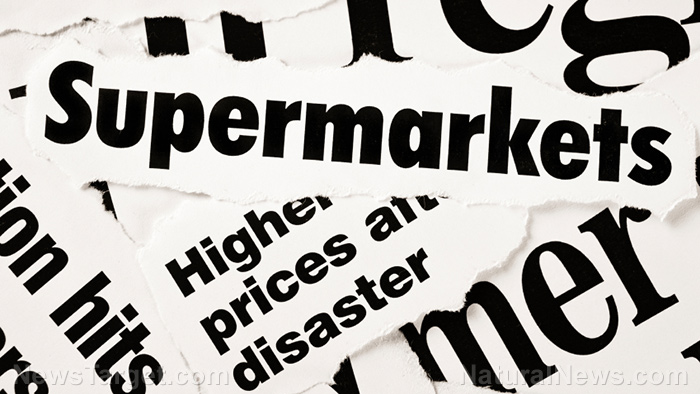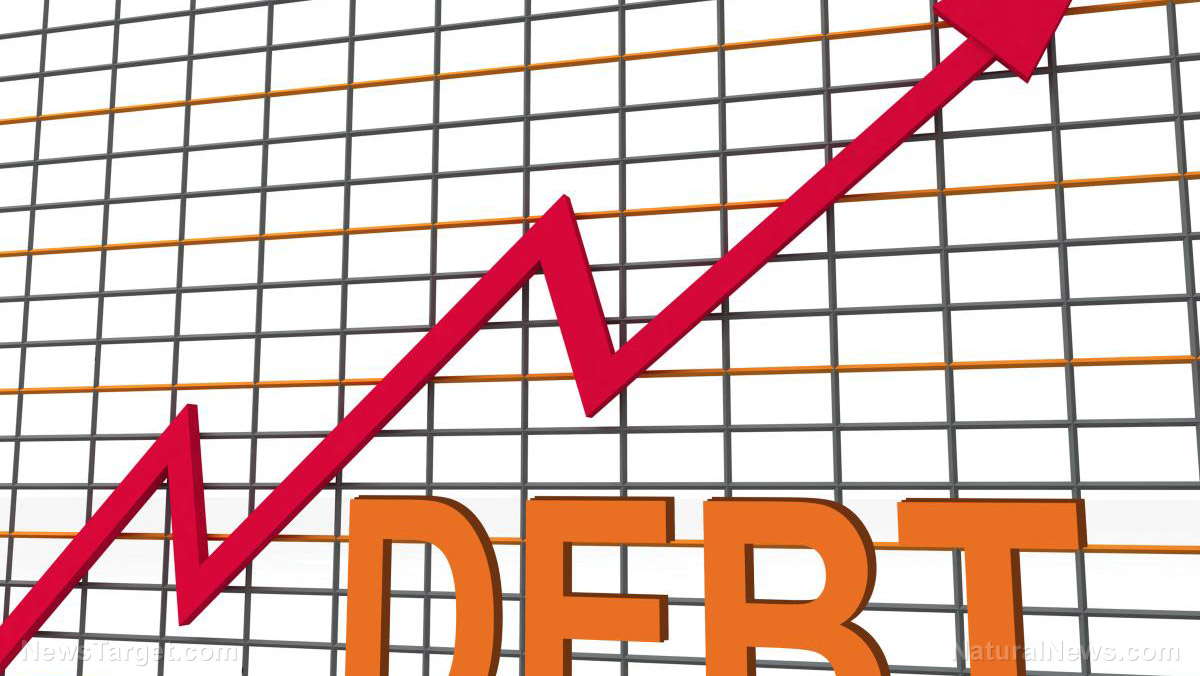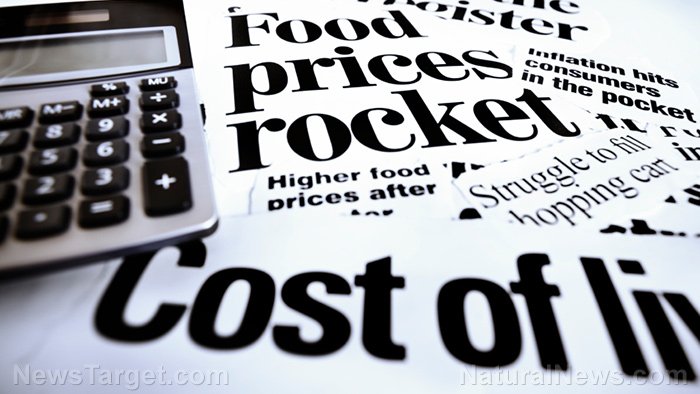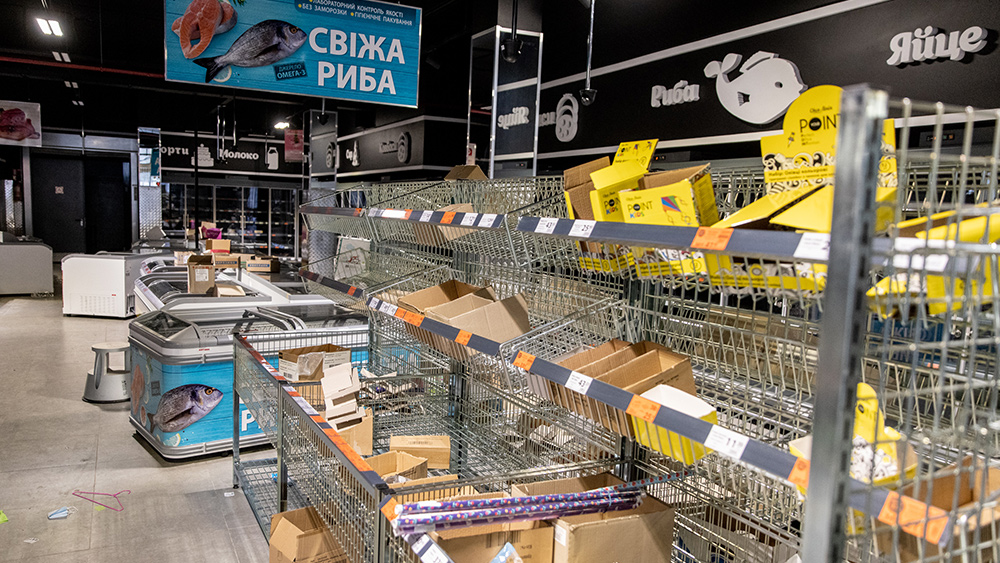Covid supply chain issues now hitting fast-food chains as shortages in foods and packaging both worsen
06/29/2021 / By Ethan Huff

A new survey by Reuters has found that at least nine popular fast-food chains are experiencing supply issues due to supply bottlenecks and other problems linked to the Wuhan coronavirus (Covid-19) plandemic.
Everything from iced green tea to fries to chicken wings, as well as plastic packing material and paper bags, is becoming hard to come by as Chinese Virus-related supply pipeline issues continue.
On June 14, the website for South Korea’s most popular fast-food chain, Lotteria, explained that cheese sticks will now have to be substituted for French fries, supposedly due to problems with ocean shipping and product inspections for potatoes.
Few shipping containers are arriving in South Korea these days due to fears about the spread of the Wuhan Flu, and customs checks are also much slower than they used to be.
These supply bottlenecks are expected to continue “well into 2022,” says St. Louis Federal Reserve President James Bullard, who warned that it is going to take quite a while for everything to transition into the “new” normal.
While the issue is not necessarily one of food shortages – there are plenty of potatoes to be turned into fries, for example – getting those potatoes on delivery ships and into fast-food restaurants seems to be an ongoing problem with no clear resolution.
Reports suggest that the global supply chain is breaking down and may not recover as it should without some serious intervention.
“[N]etworks of cargo ships, trains and trucks are buckling under the ongoing stress from the pandemic – which also caused facility closures and reduced labor at farms, factories and warehouses and contributed to shortages of everything from meat and cooking oil to plastic and glass packaging,” Reuters explains.
Covid is ushering in the engineered collapse of the global economy
The mad rush to get everyone “vaccinated,” followed by the mass reopening of restaurants, has also caused a spike in demand for food that is only making the problem worse.
Sports stadiums, restaurants and other places where food is served that were closed throughout much of last year are suddenly now open, which means they need a lot of food to handle the crowds.
Many of them cannot keep up, which is causing them to lose business as customers find that they are unable to rely on consistently getting their favorite menu items when showing up for a meal.
Barry Friends, a partner at the food industry consultancy Pentallect, warns that restaurants and fast-food chains “risk disappointing customers in large numbers” by not having enough food available.
In many cases, it is better to just stay closed and avoid setting a precedent for failure, which in and of itself is also causing supply issues as restaurant suppliers struggle to find a supply and demand equilibrium.
A Wendy’s franchisee in the South, for instance, reported only receiving half of his lettuce order, while a Subway location in New York City never received the roast beef, rotisserie chicken, ketchup, or spicy mustard it ordered.
Several KFC locations also never received the paper bags they ordered, which means they had plenty of food but no way to hand it over to customers, especially those buying it through the drive-thru.
Starbucks, Olive Garden and Chipotle locations are reporting similar shortages of product that are making it difficult to serve customers with any kind of consistency.
Another issue is that many fast-food restaurants are unable to find workers willing to work for minimum wage as the prices of food, homes and pretty much everything else skyrocket. We really are in an economic mess from which we may never fully recover.
More related news about the engineered collapse of the global economy under the Wuhan coronavirus (Covid-19) can be found at Collapse.news.
Sources for this article include:
Submit a correction >>
Tagged Under:
collapse, coronavirus, COVID, economic collapse, fast food, food collapse, food supply, national security, new normal, Plandemic, restaurants, shortages, starvation, supply chain
This article may contain statements that reflect the opinion of the author
RECENT NEWS & ARTICLES
SupplyChainWarning.com is a fact-based public education website published by SupplyChainWarning.com Features, LLC.
All content copyright © 2021 by SupplyChainWarning.com Features, LLC.
Contact Us with Tips or Corrections
All trademarks, registered trademarks and servicemarks mentioned on this site are the property of their respective owners.

